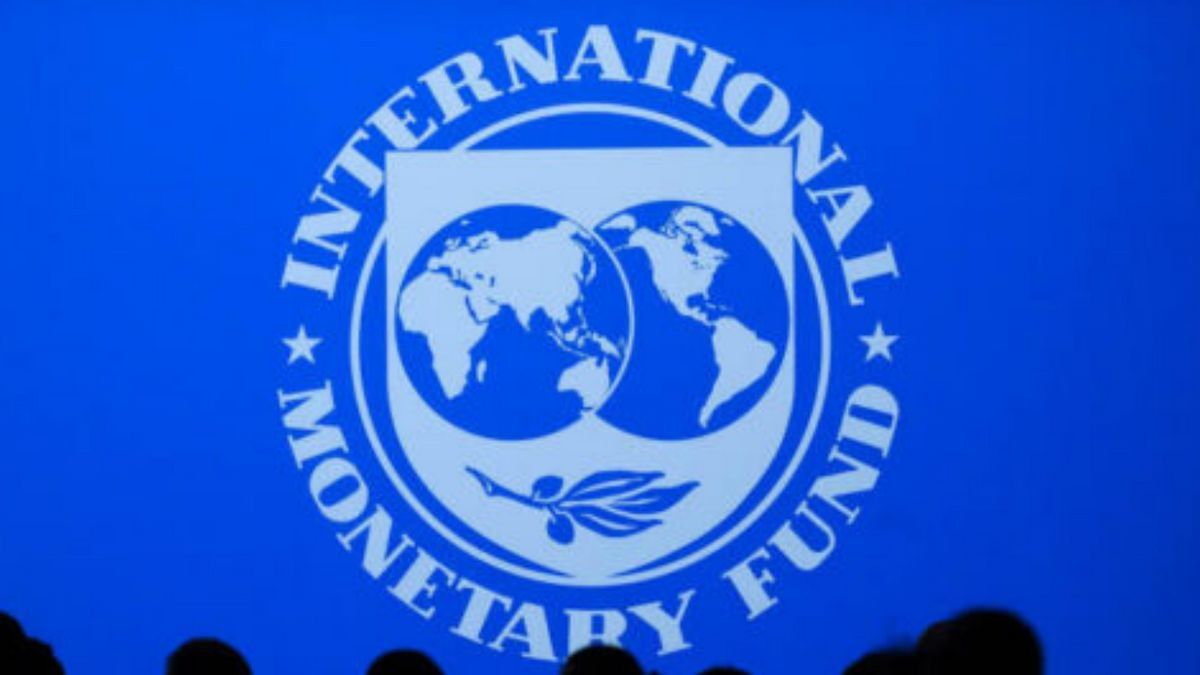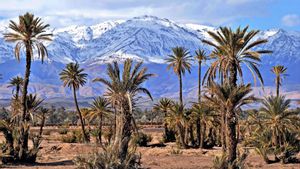YOGYAKARTA – The International Monetary Fund or International Monetary Fund (IMF) criticized the policies taken by the Government of Indonesia. This criticism certainly reaped a response, especially from the Government. Then, what are the Indonesian policies that the IMF is criticizing?
IMF Criticized Indonesian Policies
Criticism put forward by the IMF against Indonesia is related to downstream policies, including the imposition of a nickel export ban that has been taken up by President Joko Widodo (Jokowi). This criticism was conveyed by the organization in a report by the IMF Executive Board Concludes 2023 Article IV Consultation with Indonesia which was published on Sunday, July 25, 2023.
In the report, the IMF requested that downstream policies, especially nickel, be based on further cost and benefit analysis. They also consider that Indonesia's downstream policy needs to be formed without putting aside considerations of the impact of potential loss of income for other countries and regions.
"The fiscal cost in terms of foregone annual (state) revenues currently appears small and this should be monitored as part of this cost-benefit assessment," the IMF said in its report.
It is because of this that the IMF calls for regular analysis of the costs and benefits of downstreaming. They also request that the results of the analysis be informed periodically by emphasizing the success of downstream and whether or not it is necessary to expand downstream to other commodities.
"Industry policies must also be designed in a way that does not hinder competition and innovation, while minimizing negative cross-border spillover effects," he continued.
According to the IMF, local authorities must reconsider appropriate domestic downstream policies in order to achieve the goal of increasing production added value.
"In this context, the authorities should consider a domestic policy that achieves its goal of increasing value added in production, by gradually removing export restrictions and not extending these restrictions to other commodities," the IMF explained.
It should be noted, the IMF is an international financial organization as well as a global fund. The organization was formed with the aim of alleviating poverty as well as creating international economic balance.
The IMF provides loans to its own member countries, which number up to 190 countries. They are required to pay dues, the amount of which is adjusted to the economic capacity of their respective countries.
In addition, the IMF also helps oversee the economic policies taken by its member countries, and helps develop human resources.
Apart from the IMF, previously President Jokowi said that his downstream policy was unanimous. He even said that no country or any organization can stop the policy of downstreaming natural resource raw materials.
"Anyone, any country, any international organization, I don't think we can stop our desire for industrialization, for downstreaming," said the President at the Dukuh Atas LRT Station, Jakarta, quoted by ANTARA, Thursday, August 10.
He also said that the policy to stop exports of nickel raw materials in 2020 had an impact on increasing state revenues.
"When exported raw, raw materials are only around IDR 17 trillion a year. After entering the downstream industry, the downstream becomes IDR 510 trillion. Just imagine that our country only collects taxes," he explained.
That is information related to Indonesian policies that were criticized by the IMF. Visit VOI.ID for other interesting information.
The English, Chinese, Japanese, Arabic, and French versions are automatically generated by the AI. So there may still be inaccuracies in translating, please always see Indonesian as our main language. (system supported by DigitalSiber.id)











